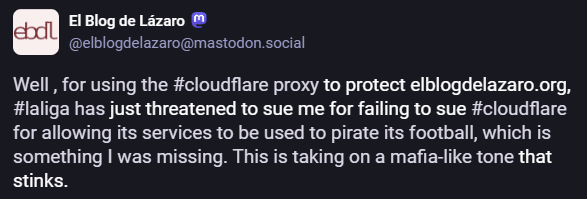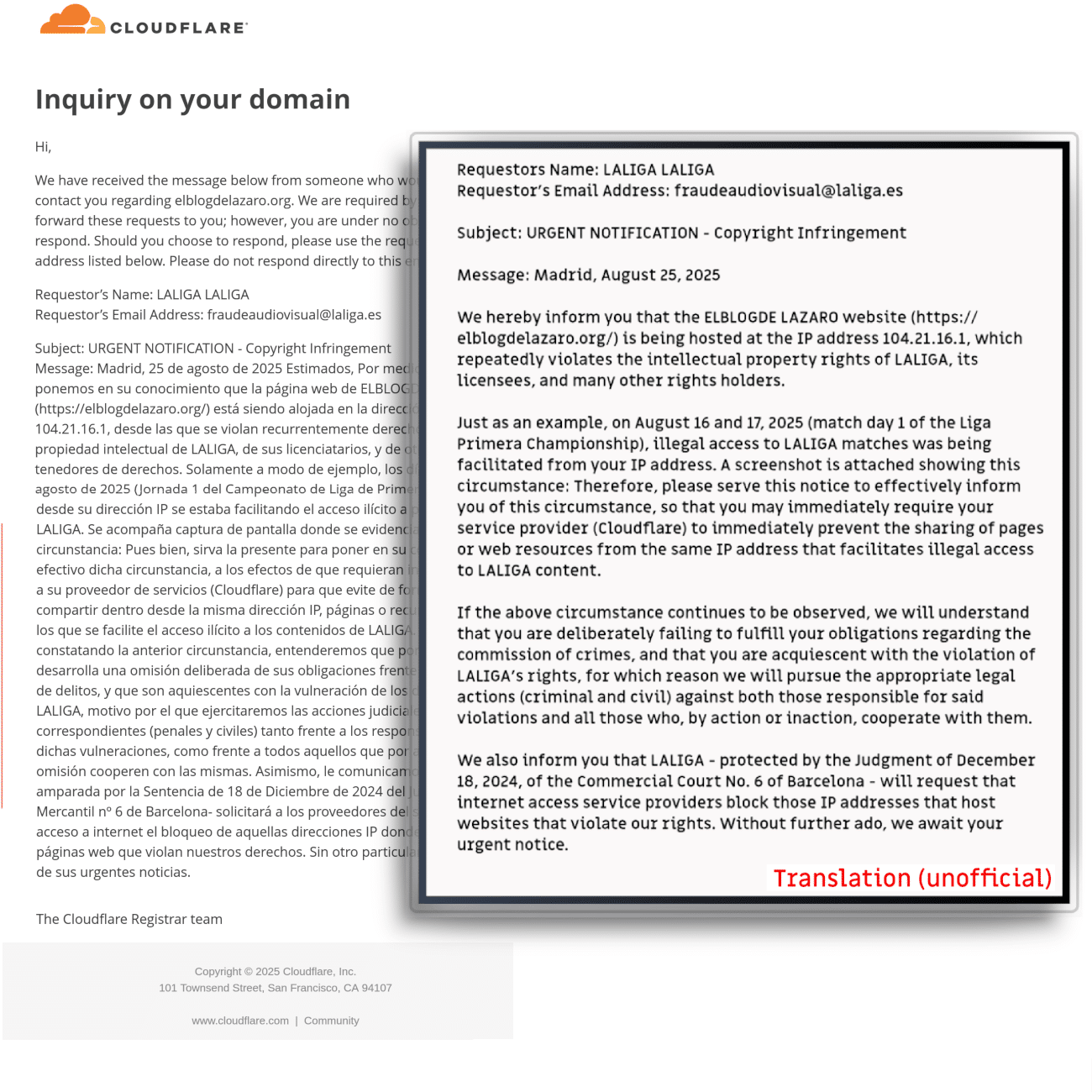-
To
chevron_right
LaLiga Touts ‘Historic’ IPTV Piracy Crackdown, Key Questions Remain Unanswered
news.movim.eu / TorrentFreak • 3 September • 3 minutes
 Anti-piracy action in Argentina continues to expand, with tight collaboration between the Spanish football league LaLiga and local authorities.
Anti-piracy action in Argentina continues to expand, with tight collaboration between the Spanish football league LaLiga and local authorities.
Following raids in Argentina targeting MagisTV and Al Ángulo TV, new information reveals that a global network was taken down recently.
LaLiga says the historic enforcement action dismantled dozens of IPTV services with an estimated 8 million paid subscribers. Following an investigation by the Cybercrime Prosecutor’s Office of San Isidro (UFEIC), local police raided four office buildings in Vicente López, Buenos Aires.
The press release makes no mention of any arrests, but photos taken in an apparent office building show seized items including large amounts of cash, as well as a poster of Walter White. The images feature agents from the Provincial Investigations Police of Buenos Aires (DDI San Isidro) as well as a representative from LaLiga.

The raids were approved by San Isidro Guarantees Court No. 4, but no further information has been shared in respect of the criminal allegations.
My Family Cinema, TV Express, Eppi Cinema, Weiv TV and others
The list of targeted services includes My Family Cinema, TV Express, Eppi Cinema, Weiv TV, Red Play, Duna TV, Boto TV, Break TV, VTV, Blue TV, Super TV Premium, HOT, ONpix, PLUSTV, Mix, Venga TV, ALA TV, Pulse TV, Football Zone, Nossa TV, MegaTV+, Cineduo, Megamax+, GTV, Nebuplus, Onda TV, and several other brands.
A quick glance at the websites of these operations reveals that, at the time of writing, some are offline or under maintenance. It doesn’t appear that their domain names have been seized.
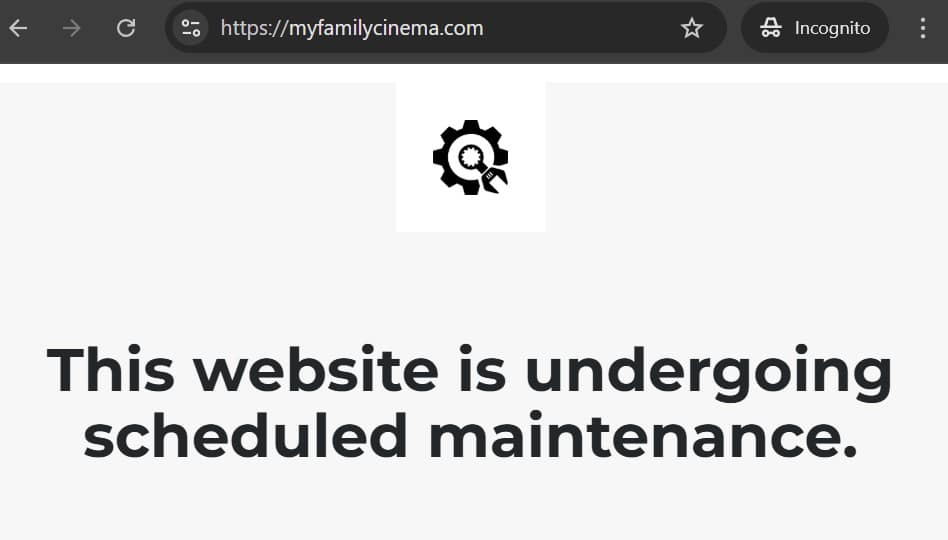
On social media, several users also report problems with these streaming services, even for those whose websites are still online. This suggests that the infrastructure of some of these brands was indeed partially dismantled.
Legitimate Companies Implicated
LaLiga’s information states that these allegedly illegal platforms “operated through” several legitimate companies that operate across the globe. These “associated” organizations include Valoroso, Space Place Consulting, Goose, BitKernel, Peliplat, and FatFish Media.
| Company Name | Description of Services |
|---|---|
| BitKernel | BitKernel is a software development company that specializes in creating custom solutions for streaming and video platforms. |
| Goose | Goose offers white-label platforms for streaming platforms |
| Peliplat | Peliplat presents itself as content discovery platform, similar to a TV guide, allowing users to browse movies and TV shows and track what they have watched. |
If or how these companies were involved is not disclosed. It is not immediately clear if any of the people involved are suspected of being part of the pirate streaming services’ operations, or whether the services simply used their infrastructure.
LaLiga mentions that some companies offered “seemingly legitimate services” such as Peliplat and Doozy TV.

TorrentFreak reached out to Goose, BitKernel and Peliplat for a comment, but those requests were not immediately answered. Their websites are online and there is no mention or visible impact of the raids.
Without drawing any conclusions, YouTube videos of Peliplat show that the company was in an office building with wall panels that look similar to the raid photos, while also featuring movie/TV posters.
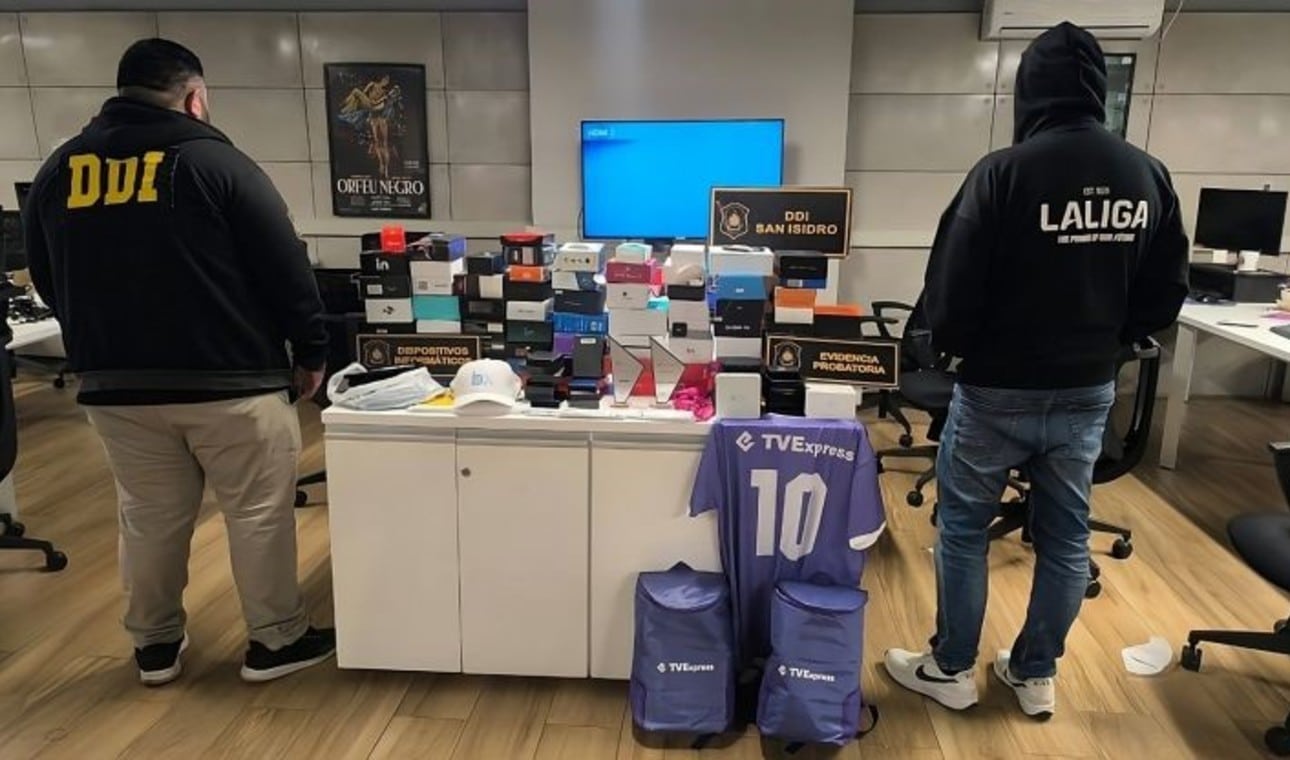
According to LinkedIn job offerings , Peliplat has an office in Vicente López, Buenos Aires, the same city where the police raids took place. These links don’t prove anything, so we requested LaLiga to clarify the involvement of these companies; again, without an immediate response.
A Turning Point?
Commenting on the enforcement action, LaLiga president Javier Tebas suggests that the recent action in Argentina marks a turning point in the fight against online streaming piracy.
“This operation marks a before and after in the fight against digital piracy in Latin America. The scale of this network demonstrates that audiovisual fraud is a transnational organized crime issue,” Tebas says.
LaLiga further notes that ALIANZA, NAGRAVISIÓN, and Telecom Argentina played a role in the investigations. In addition, the Motion Picture Association was involved in the process. The latter informed TorrentFreak that it will not comment on the recent action.
The information made available suggests that this was a massive anti-piracy crackdown affecting millions of subscribers and a handful of companies that appear to have other legitimate operations as well.
It also leaves us with a bitter taste, however. Given the scope of the operation and the seriousness of the criminal allegations, one would expect more transparency, so the press can properly do its job instead of regurgitating press releases.
From: TF , for the latest news on copyright battles, piracy and more.


 When a Virginia jury ordered internet provider Cox to pay
When a Virginia jury ordered internet provider Cox to pay
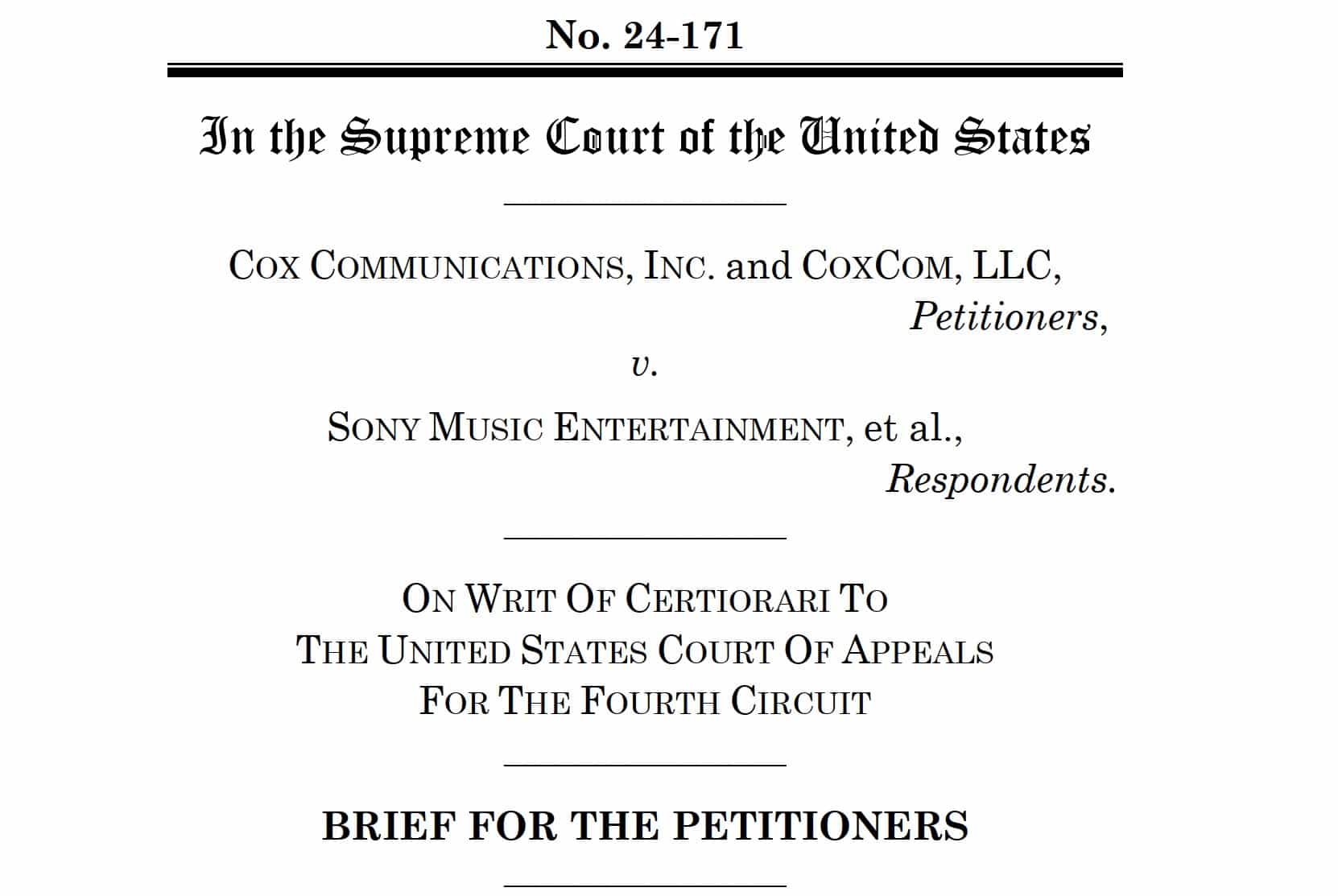
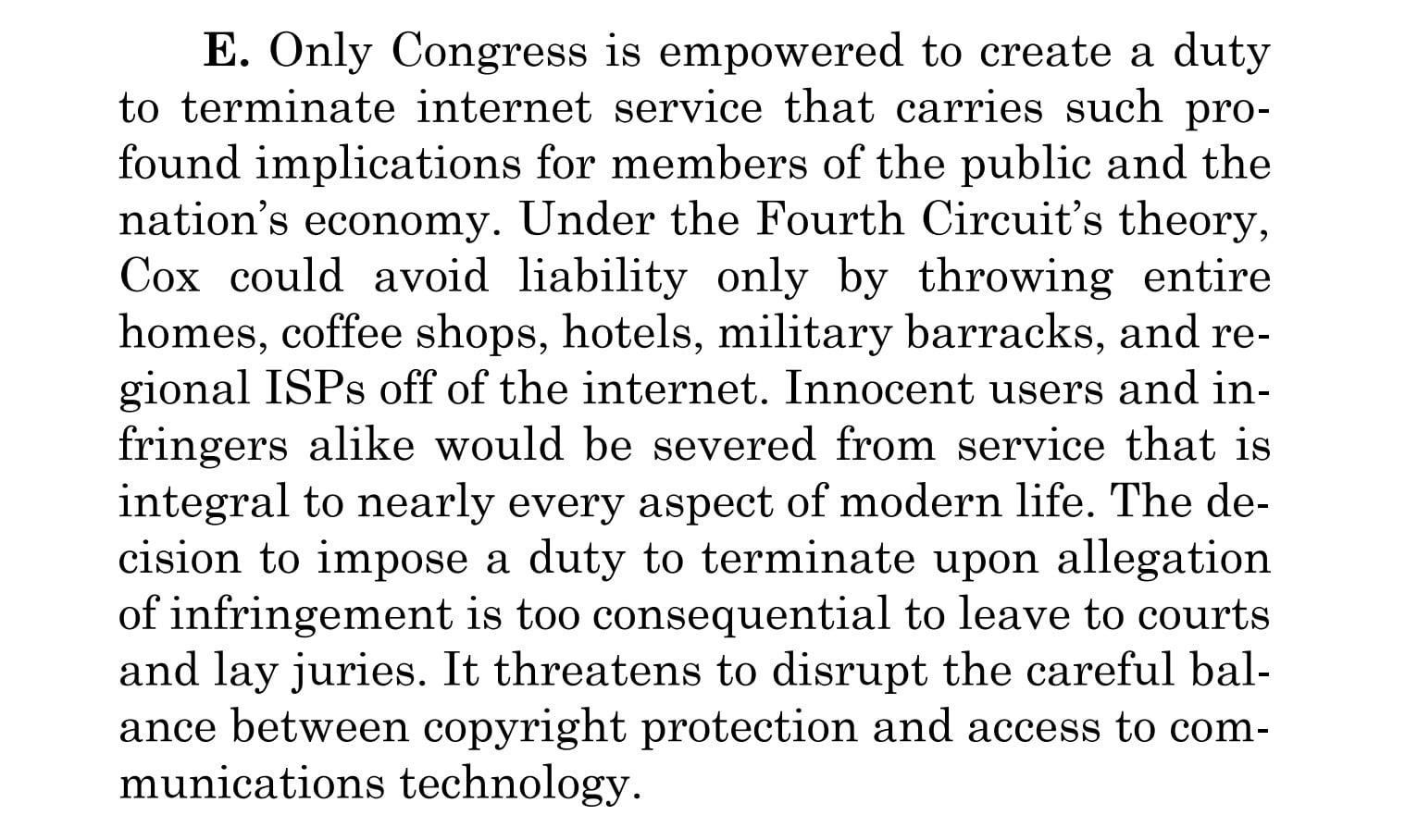
 With the new football season underway in Spain and LaLiga’s blocking order still in force under the authority of a judge, overblocking is still a big problem in Spain according to reports.
With the new football season underway in Spain and LaLiga’s blocking order still in force under the authority of a judge, overblocking is still a big problem in Spain according to reports.
 In recent years, rightsholders of major sports events have repeatedly complained that piracy of live sports has gone through the roof.
In recent years, rightsholders of major sports events have repeatedly complained that piracy of live sports has gone through the roof.
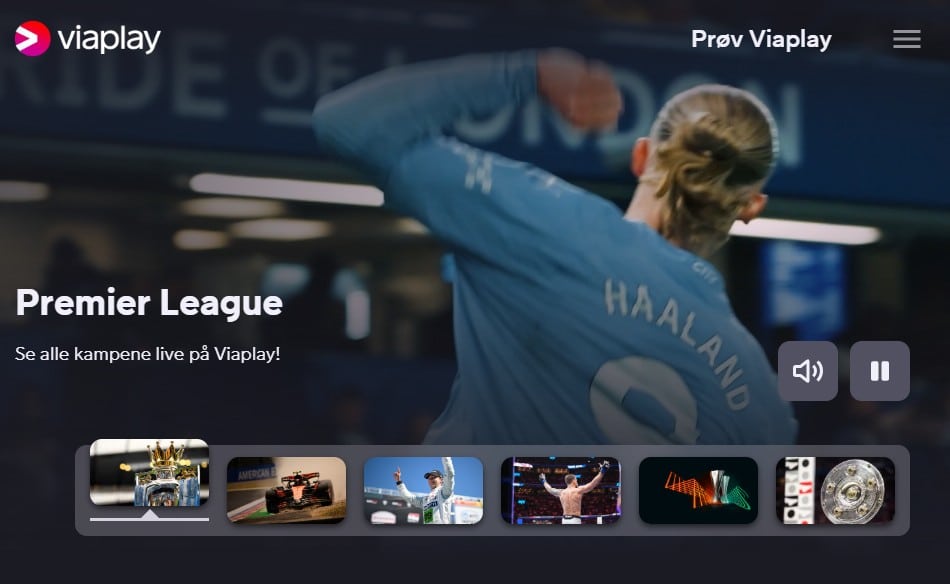
 Three years ago, pirated Blu-ray copies of ‘Spider-Man: No Way Home’
Three years ago, pirated Blu-ray copies of ‘Spider-Man: No Way Home’
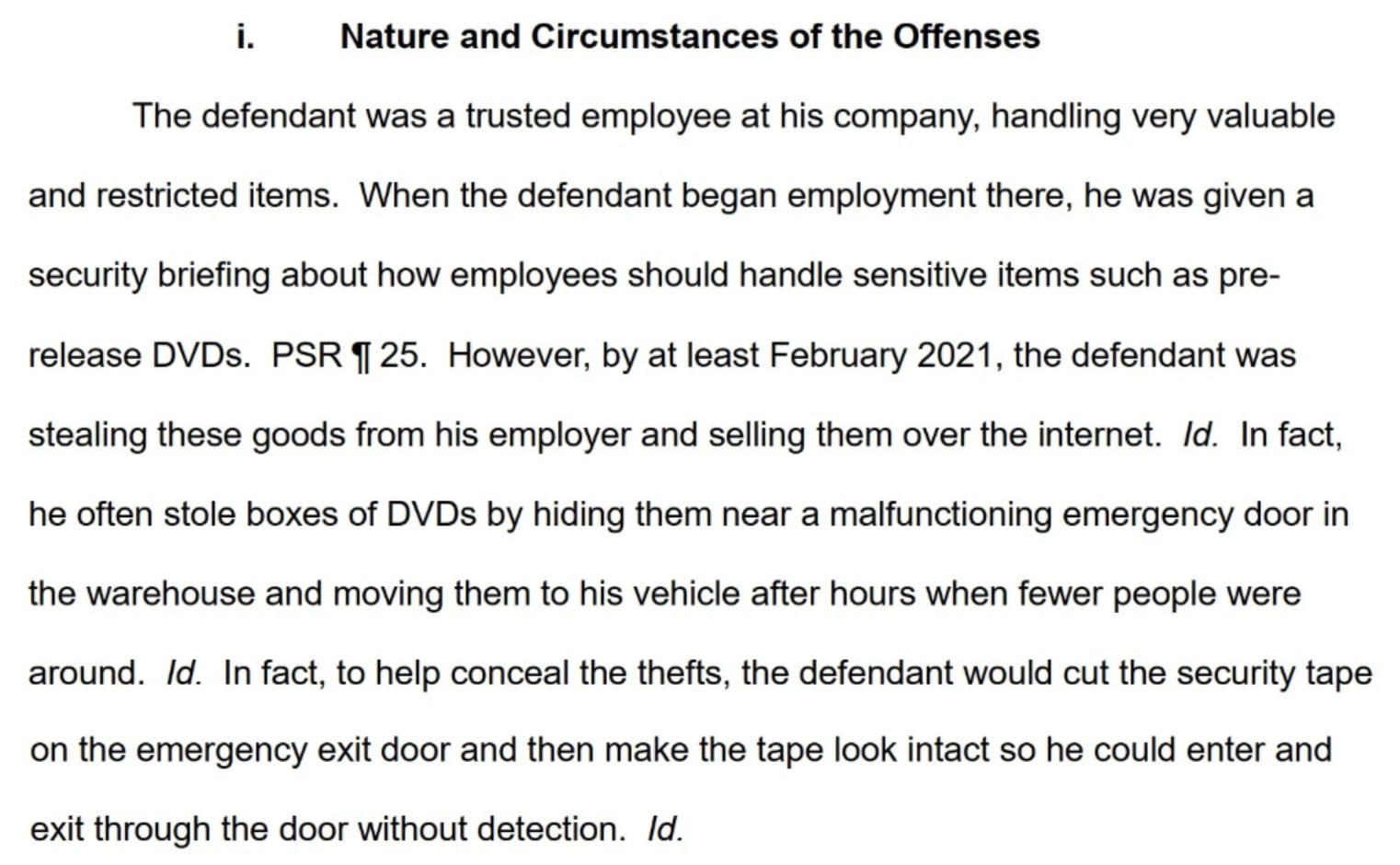
 Sky’s investigation into the activities of David Dunbar reportedly began in Ireland during November 2024. Investigators had become aware of a social media account selling so-called ‘dodgy boxes’ and with assistance from an anonymous tip provided by the Federation Against Copyright Theft, Sky was able to connect the dots.
Sky’s investigation into the activities of David Dunbar reportedly began in Ireland during November 2024. Investigators had become aware of a social media account selling so-called ‘dodgy boxes’ and with assistance from an anonymous tip provided by the Federation Against Copyright Theft, Sky was able to connect the dots.
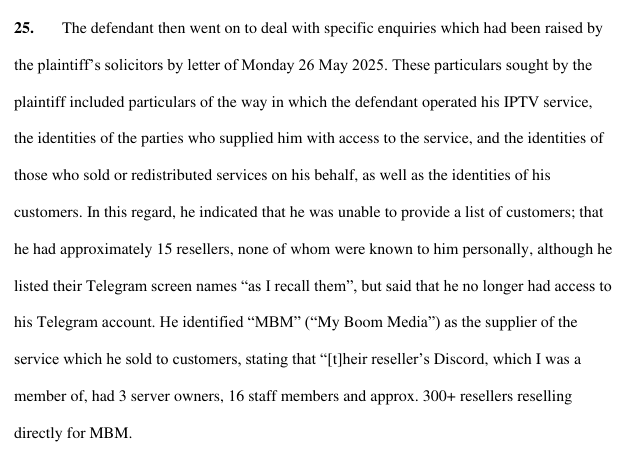
 Historically, Apple has banned torrent clients from its iOS devices. In the EU, however, these types of apps have been available for more than a year through third-party app stores.
Historically, Apple has banned torrent clients from its iOS devices. In the EU, however, these types of apps have been available for more than a year through third-party app stores.


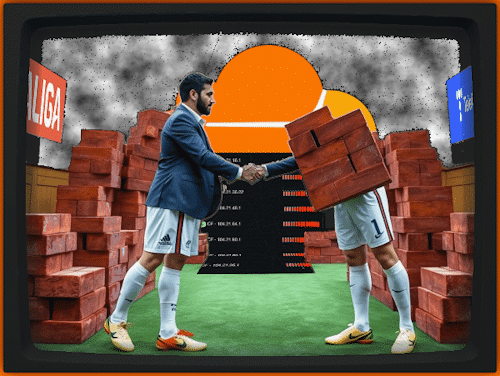 The new football season is underway in Spain’s top professional football league which means LaLiga is also back at work doing whatever it can to block illegal match streams.
The new football season is underway in Spain’s top professional football league which means LaLiga is also back at work doing whatever it can to block illegal match streams.
